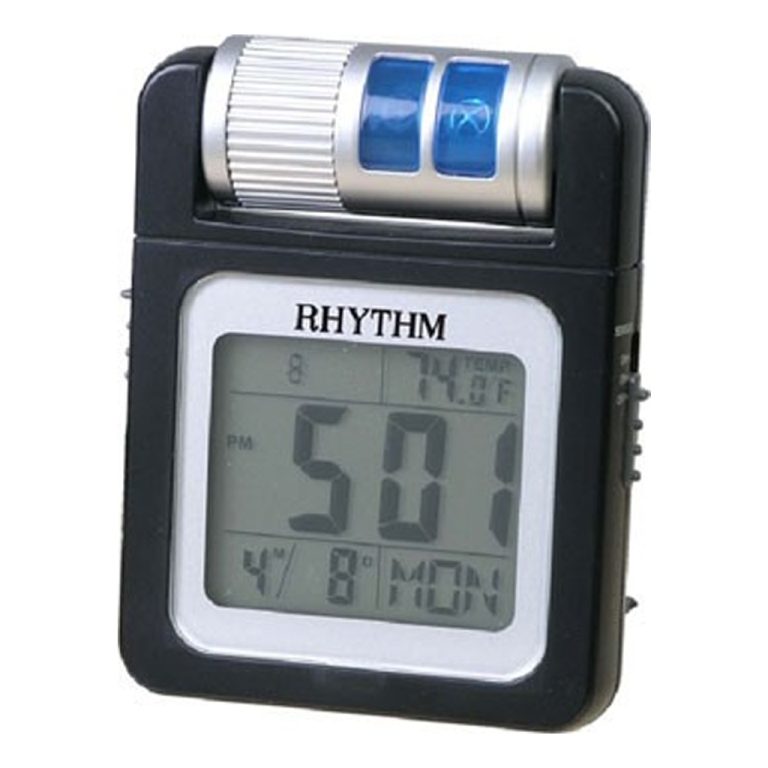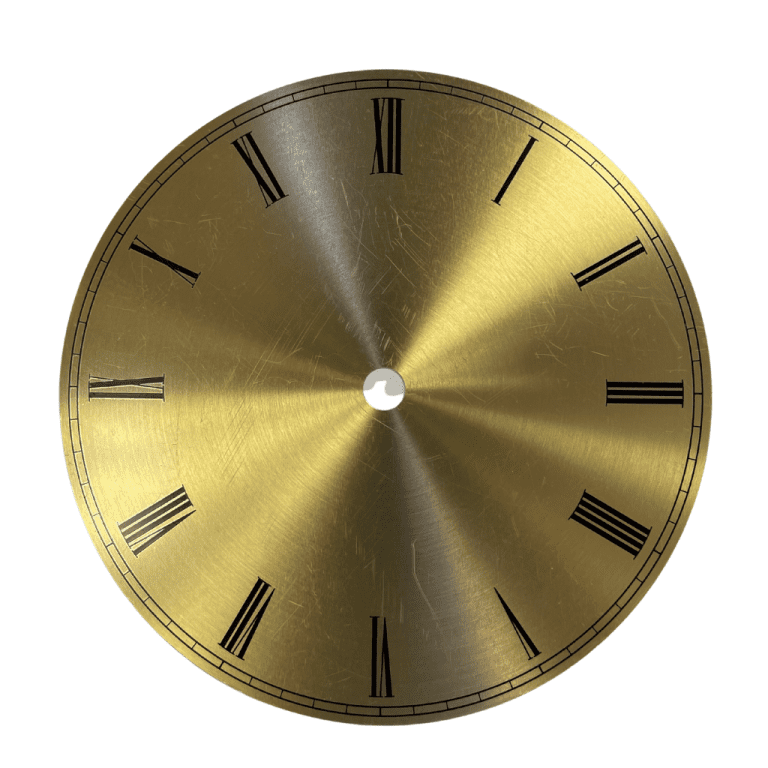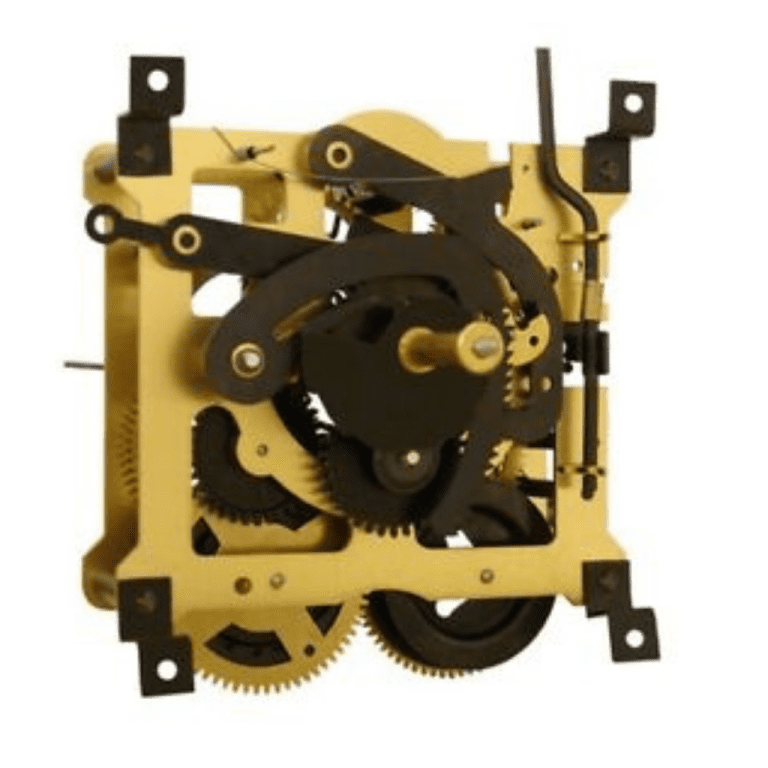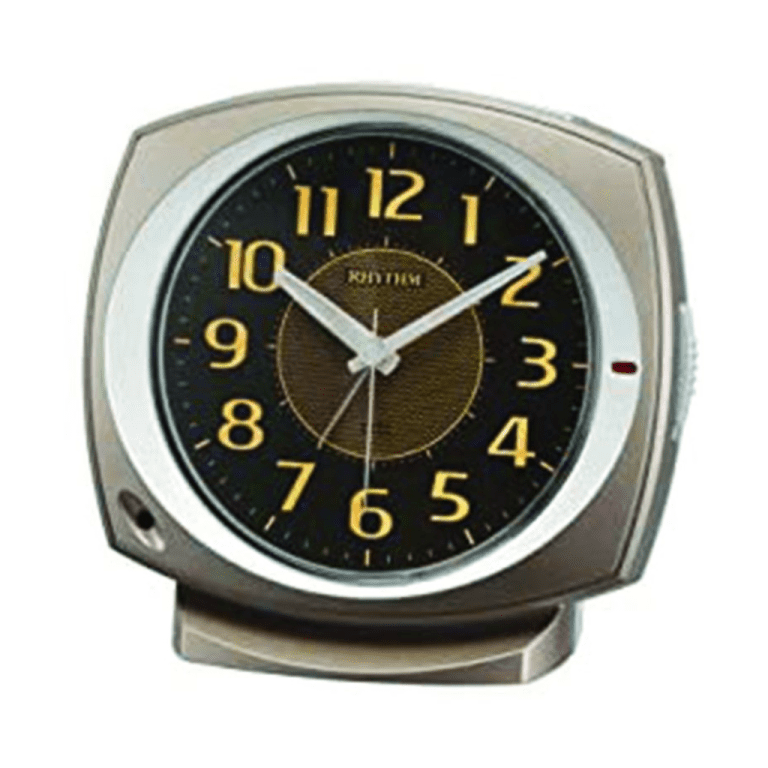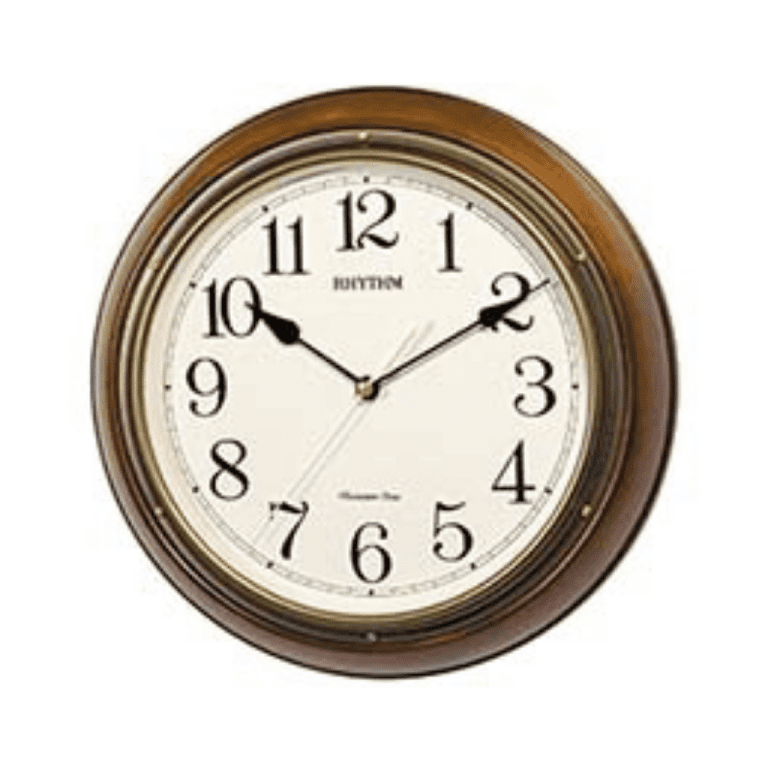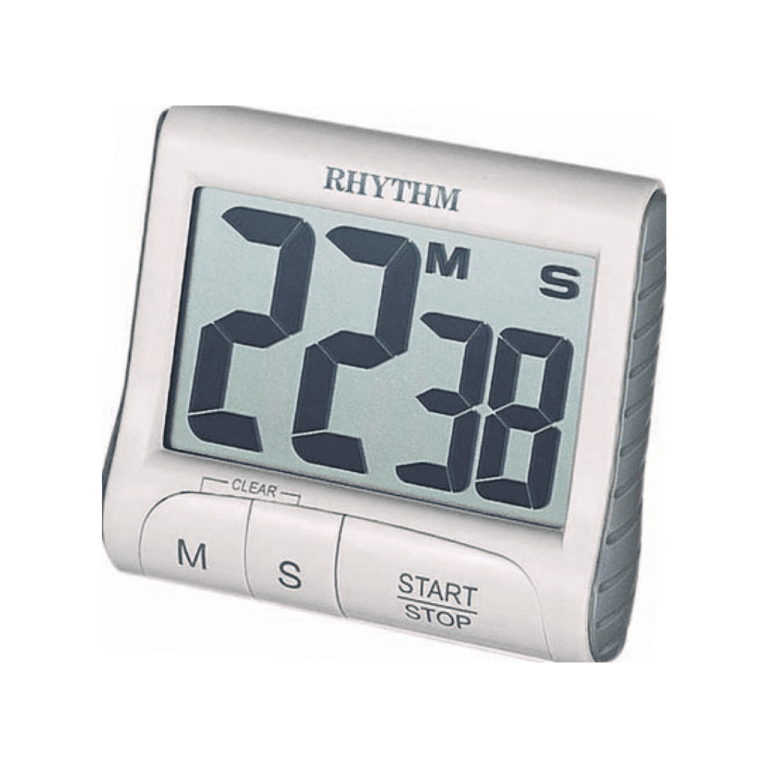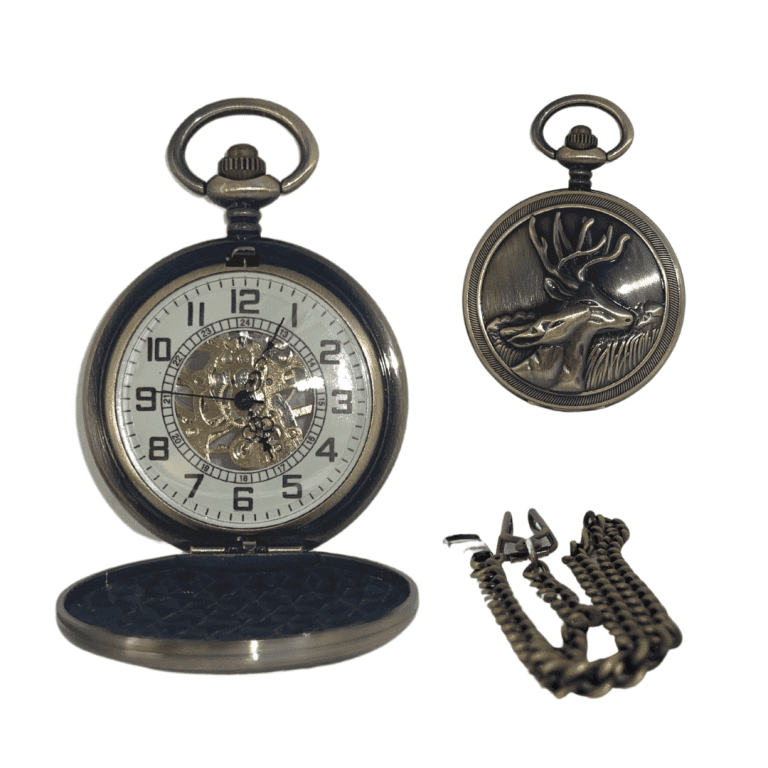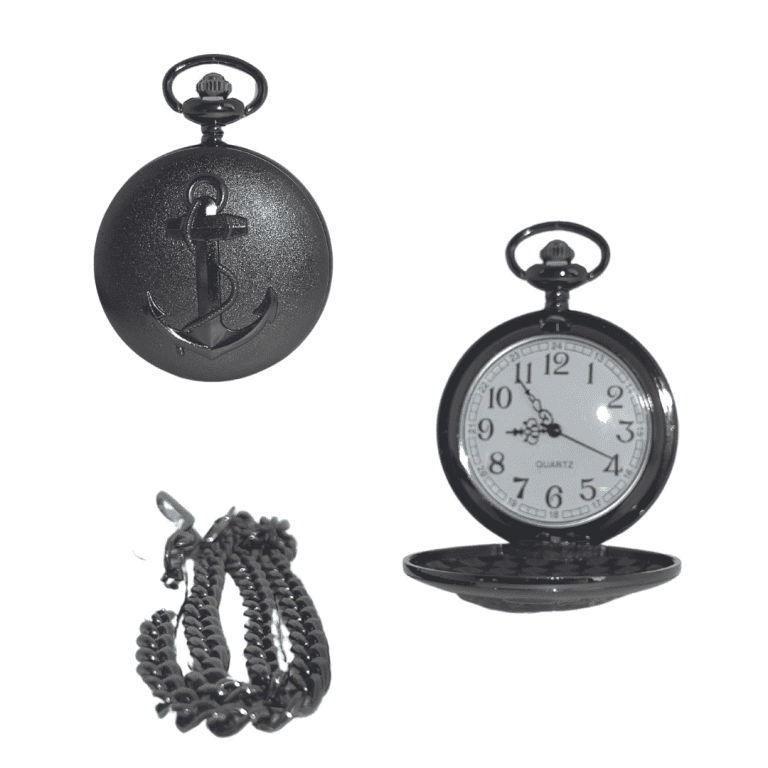Choosing a grandfather clock for your home is a wonderful decision that brings elegance, tradition, and timeless charm into your space. However, with so many styles, sizes, and features available, it’s important to consider several factors to ensure you find the perfect clock to suit your home and lifestyle. From design and placement to budget and mechanical features, the right grandfather clock should reflect your taste and complement your living space.
- Consider the Size and Placement
Grandfather clocks are tall and commanding, typically standing between 6 and 8 feet high. Before purchasing one, measure the space where you plan to place it. Ensure there is enough vertical clearance and that the clock won’t overwhelm the room. Ideal locations include entryways, formal living rooms, or dining areas where the clock can be admired and appreciated. It’s also important to consider floor space and stability—grandfather clocks should be placed on level ground to operate properly.
- Choose a Style That Matches Your Décor
Grandfather clocks come in a variety of styles, from traditional to modern. If your home has a classic or vintage aesthetic, opt for a clock with ornate carvings, antique finishes, and a stately wooden case in mahogany, walnut, or oak. For more contemporary interiors, choose a clock with sleek lines, minimalist features, or even a black or white finish. The clock face, hands, and pendulum design also add to the overall look, so choose features that blend with your home’s character.
- Decide Between Mechanical and Quartz Movement
Grandfather clocks can run on mechanical (weight-driven or spring-driven) or quartz (battery-powered) movements. Mechanical clocks are the traditional option and require winding weekly, offering a more authentic and hands-on experience. They usually feature chiming melodies and visible inner workings, which many homeowners appreciate. Quartz clocks, on the other hand, are low maintenance and more convenient, needing only a battery change now and then. Consider your lifestyle—do you enjoy the routine of winding a clock, or do you prefer a maintenance-free option?
- Listen to the Chimes
One of the most delightful features of a grandfather clock is its chimes. Most traditional clocks play melodies like Westminster, Whittington, or St. Michael. Some clocks allow you to choose between different chimes or silence them at night. Before purchasing, listen to the chimes if possible to ensure they suit your taste and won’t disturb your household. Many modern clocks come with volume control and night mode settings, which are especially useful in quieter homes.
- Set Your Budget
Grandfather clocks range in price depending on materials, craftsmanship, brand, and features. Antique or handcrafted models can be quite expensive, while modern quartz versions tend to be more affordable. Decide on your budget early and prioritize what matters most—whether it’s design, movement type, or craftsmanship.
In Conclusion
Choosing a grandfather clock is about more than just telling time; it’s about selecting a timeless piece that adds charm, character, and heritage to your home. By considering size, style, movement, chimes, and budget, you can find a clock that will not only complement your space but also become a treasured heirloom for years to come.





